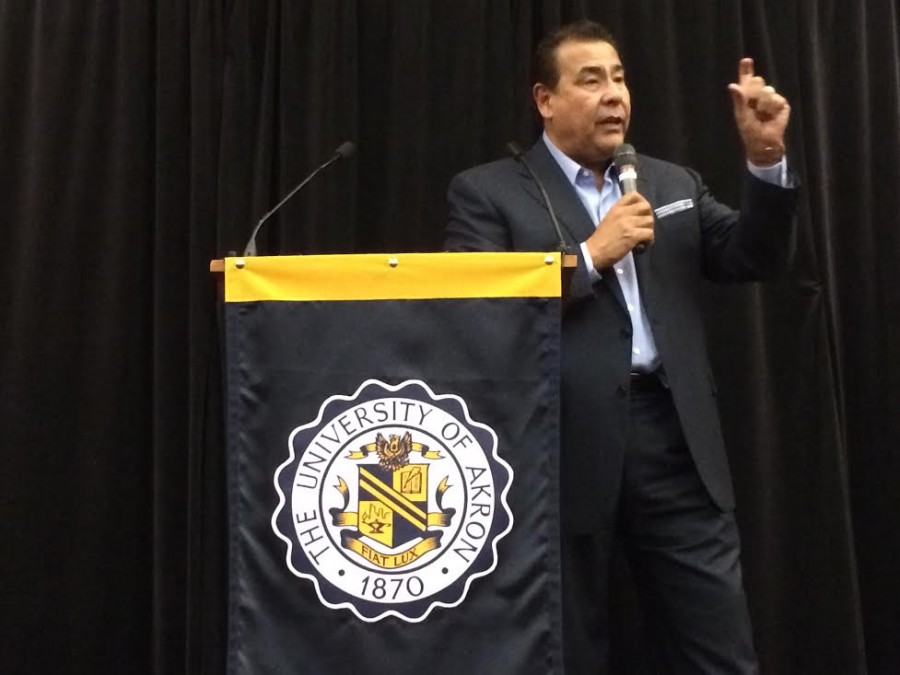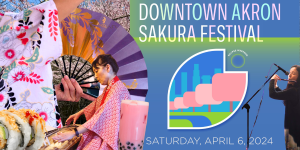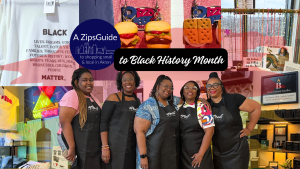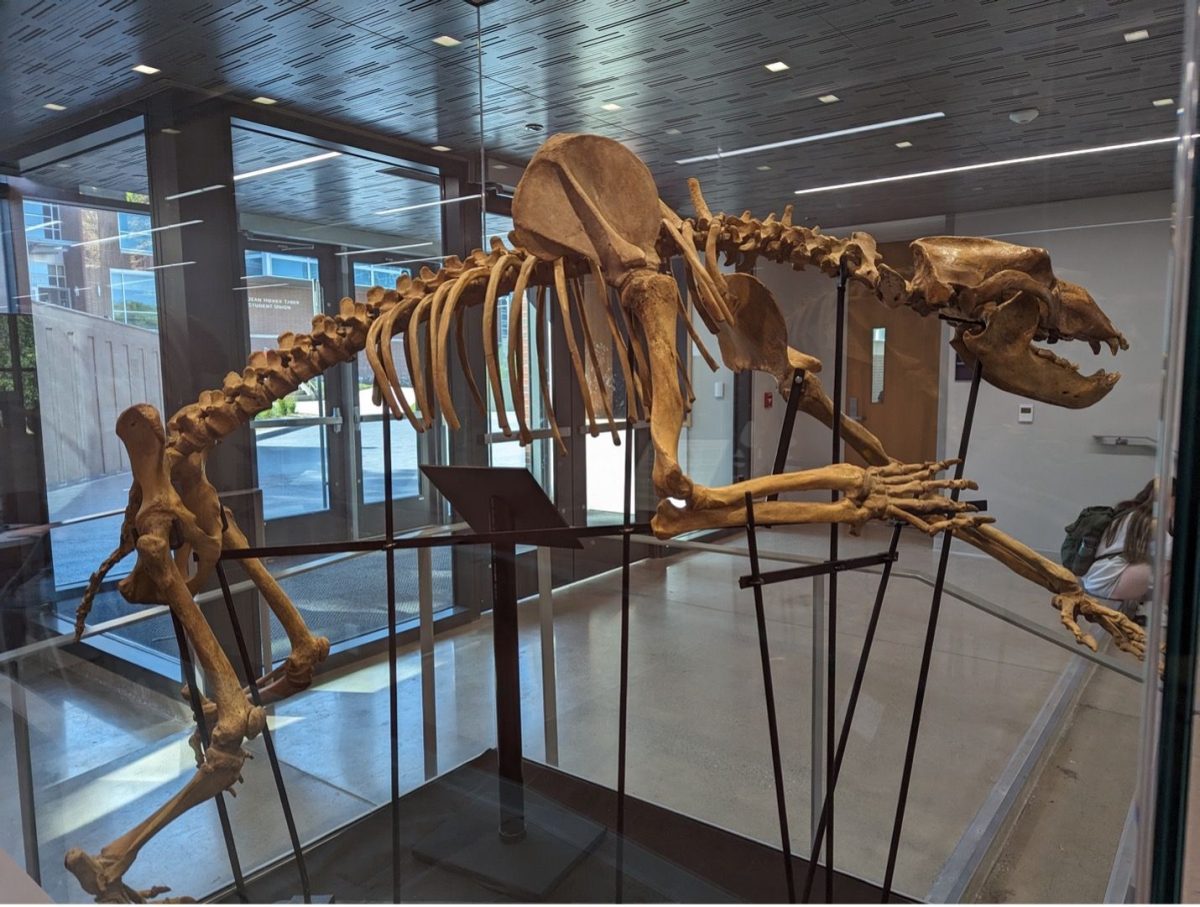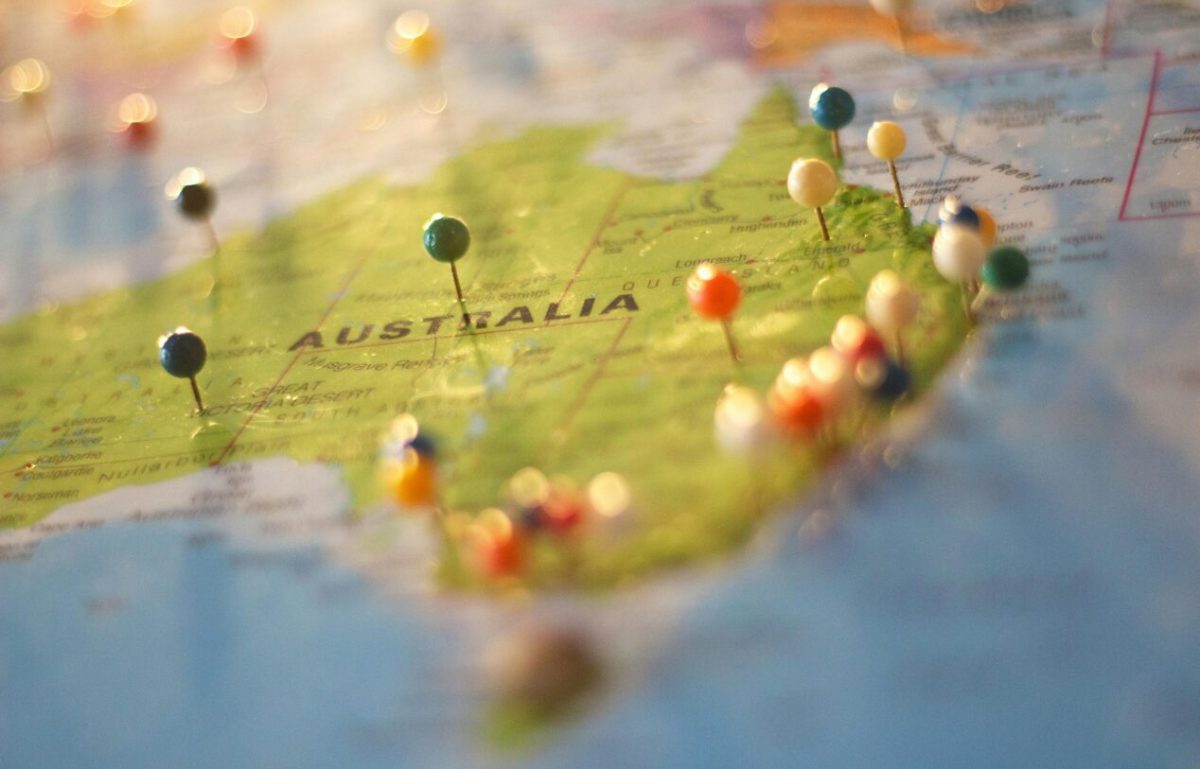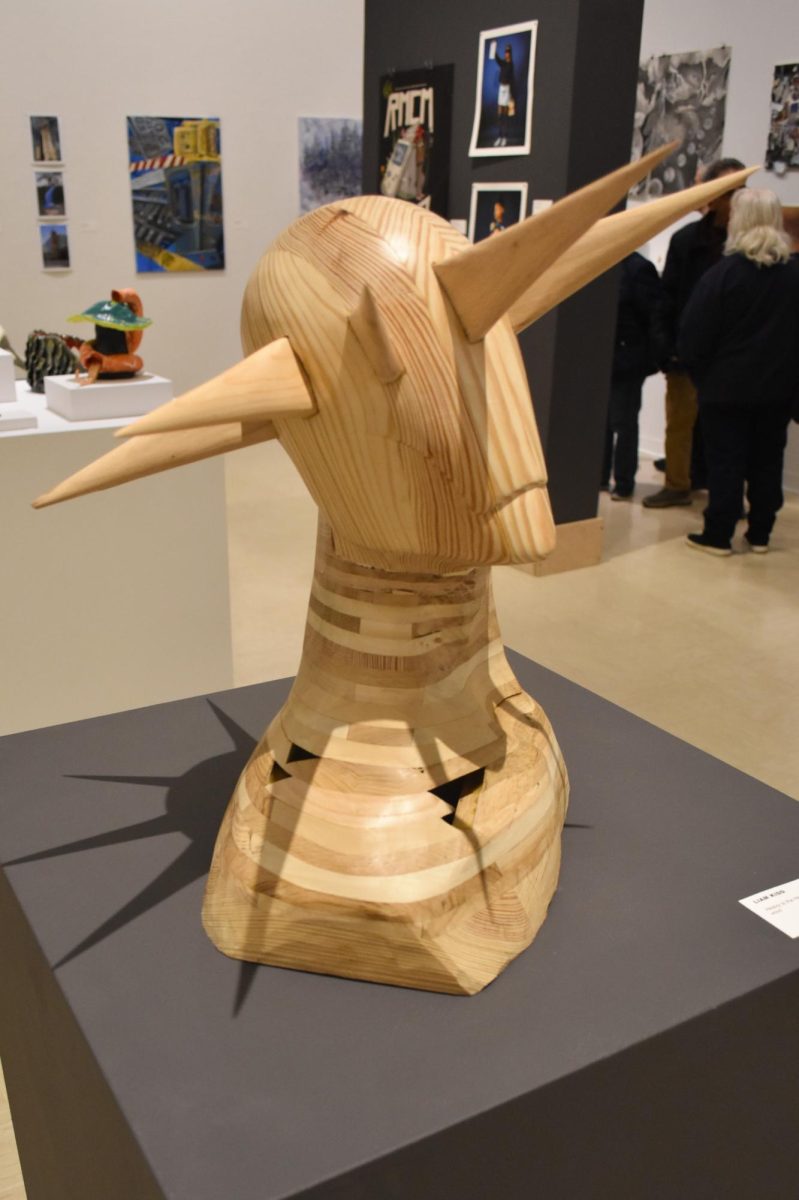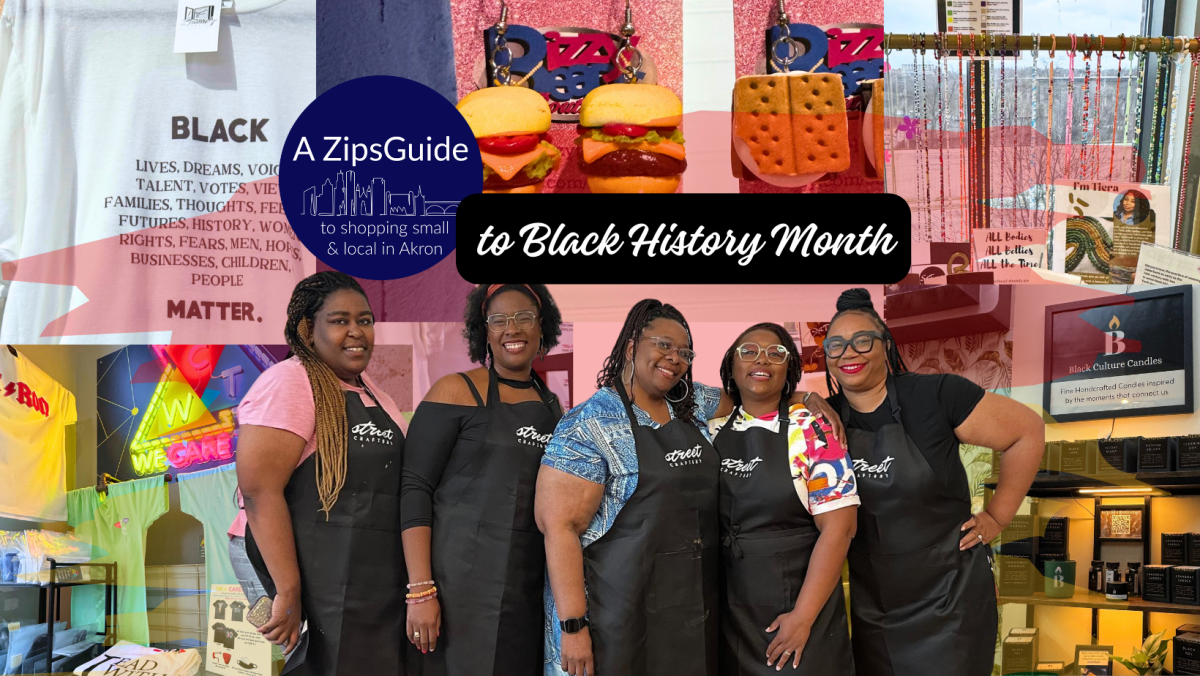John Quiñones recounts his hardships
John Quiñones speaks to attendees about his childhood struggle.
February 10, 2016
“Now available at Walgreens,” was the first words ever uttered by John Quiñones in broadcasting. Quinoñes is now a seven-time Emmy award-winning anchor and host of ABC’s television series “What Would You Do?”
Quiñones spoke at the University of Akron on Feb. 9 as part of the University’s Rethinking Race, which according to their website, is “a forum in which race and race-related issues can be discussed, examined, and hopefully, better understood through films, performances, Face-2-Face Conversations and keynote speakers.”
Born into a poverty-stricken family in San Antonio, Texas, Quiñones is familiar with poverty and the struggles of immigration and integration.
He began school without knowing English, in a school that punished students for speaking Spanish. “The coach had this big, long wooden panel with holes cut into it for extra speed, and strength and power, and if we spoke Spanish, they would give us three licks on our rear ends,” Quiñones said.
At 8 years old, Quiñones began shining shoes in the streets of San Antonio to help support his family. At 13, he began picking cherries and tomatoes for money.
This is when his father asked him, “Do you want to do this for the rest of your life? Or do you want to get a college education?” Quiñones said, “It was a no-brainer. … but no one believed in me.”
After that summer he returned to school and asked his counselors what he had to do to take advanced placement classes, and how to prepare for the SAT if he wanted to go to college.
“You know what my teachers would tell me? They would say, ‘that’s great, John, that you have this dream of someday being a reporter, but we think you should try woodshop, or metal shop or auto mechanics.’ … they judged me by the color of my skin and the accent of my voice,” Quiñones said.
“Ever since I was a little boy, I would listen to the radio and dream of someday being a radio announcer or a television correspondent and go to foreign lands and investigate big stories,” Quiñones said.
With hard work, that is exactly what he went on to do. He became ABC’s first Latino correspondent.
Quiñones covered a story in Columbia about run-away kids who would sleep in the sewers. Quiñones shined a light on this horrible situation with his story, which resulted in him winning an Emmy.
“The day after the story aired, American viewers like yourselves, sent in $1,000,000 in donations,” Quiñones said. This money funded the creation of an orphanage for those children, called The Children of the Andes orphanage.
Attendee Kevinee Gilmore drove two hours to see Quiñones speak. She knew of Quiñones’ past covering foster care, and Gilmore wanted to see him in person and thank him for all the work he has done.
John Alvarez Turner, Associate Director of the Multicultural Center and Hispanic Outreach, said it was a “two year labor of love” getting Quiñones to come to the University, which was well worth it because of his past.
Quiñones is proof that regardless of social class or skin color, anything is possible with hard work.

